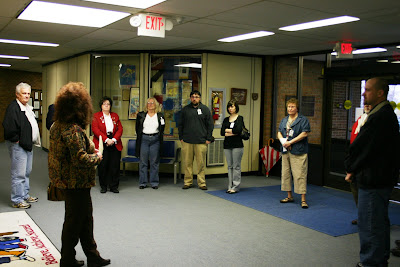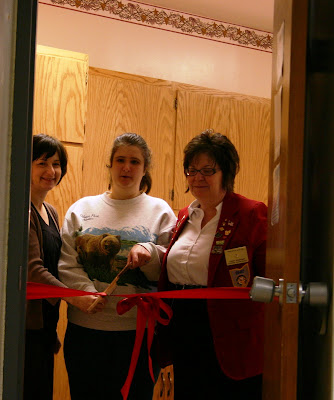One of the things I do is coach and mentor people toward change. One way I try to do that is by asking good questions. Questions that get people thinking. Questions that challenge people or bring reality to a situation.
I just read this quote from a book I finished tonight called Becoming A Coaching Leader by Daniel Harkavy. “Powerful questioning enables you to go from head to heart. Habits change only when convictions change or are clarified. Most people will not change their habits simply because they have the necessary knowledge. They won’t make a change until they have hurt enough, heard enough, or had enough – all heart-level experiences.”
When you help people reach that point where they are ready for heart change, incredible things can happen. I can usually tell fairly early in a session with someone if they are really ready to make changes. Asking the right questions can help them take a step closer to a decision to make a real lasting change. Most people tend to hang onto bad habits, prolong bad decisions and ignor destructive behavior until the pain becomes too great to ignor..
This book has been an incredible tool for me to grow as a leader. I am trying to implement some of the things I have learned. I am working on a Life Plan, a Ministry/Business Vision and Plan and Priority Management. I want to be able to coach other people in doing these same things to become more effective in life and work.
Here are a few questions for you to think about:
- What are the top three regrets you have today with regard to your personal and professional life?
- If you could go back to school to learn a new skill or trade, what would it be?
- What would you say are the top two or three greatest limiting factors in your career or your life?
- What is the one thing you would most like to see improve in the year ahead?
- Rate your personal life on a scale of one to ten
- Rate your physical life on a scale of one to ten.
- Rate you spiritual life on a scale of one to ten.
Keep Growing and changing. Don’t wait for the pain to intensify before you start to make changes in your life, your habts and your behaviors. Start with little things and build on that. If you need help making those changes, find a coach or a mentor to help you.





